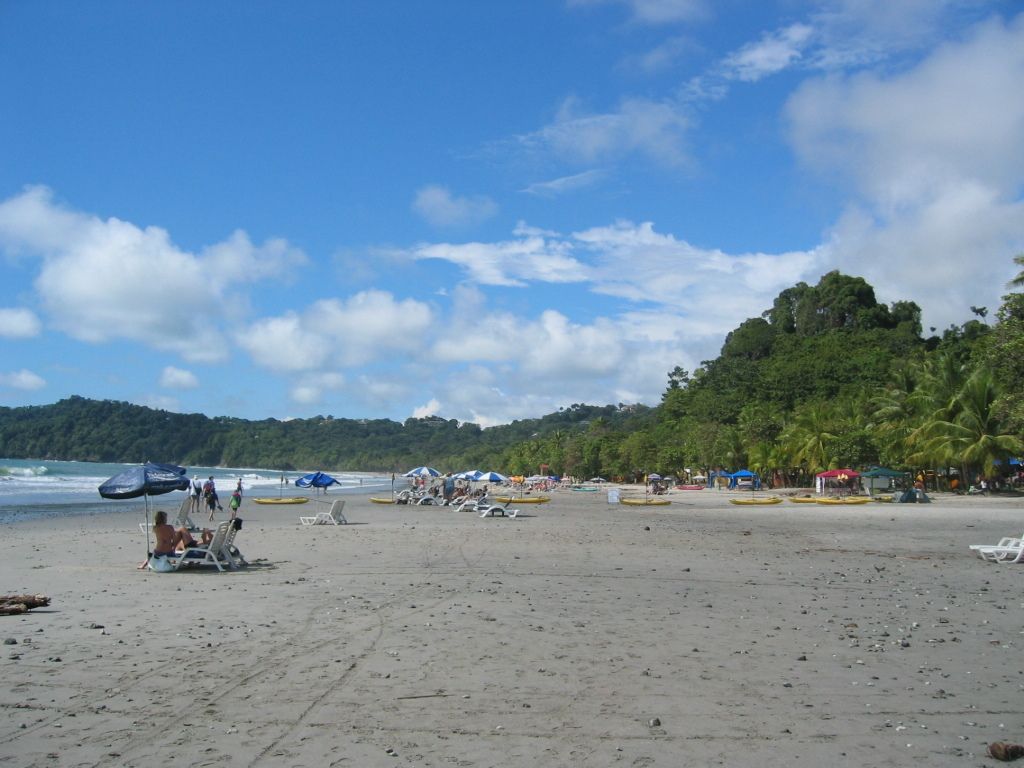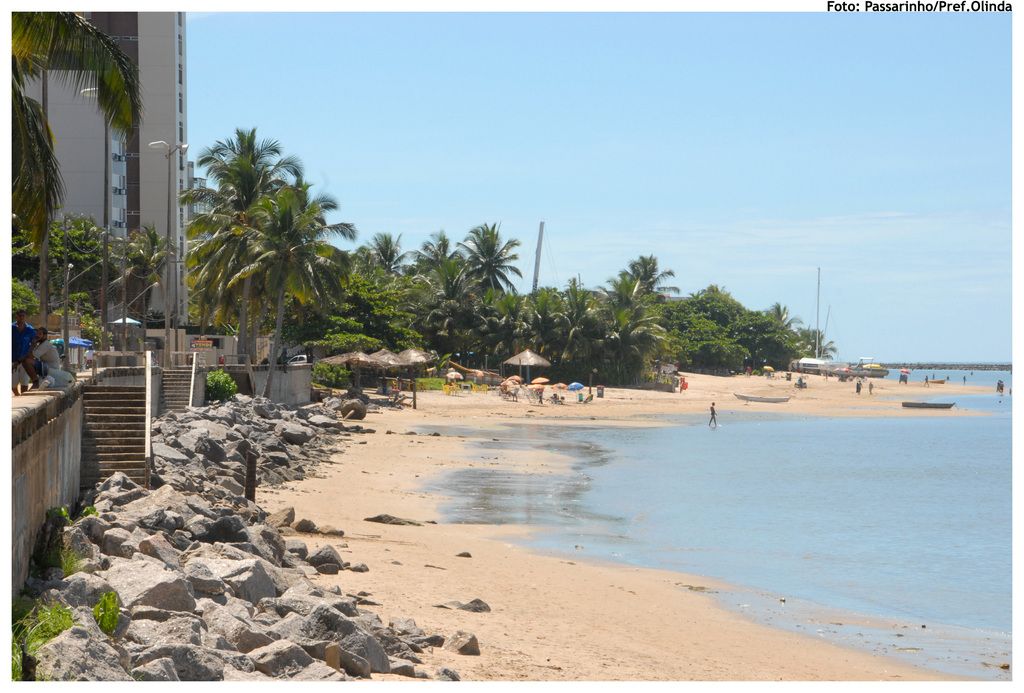Economic Venture or Community Concern?: Examining the Balance between Entertainment Complex Benefits and Potential Social Hazards
Loosening the Gambling Reins: Is Thailand Stepping into a High-Stakes Game?
Thailand's parliamentary bill for entertainment complexes is teetering on the edge of a grand opportunity and a potential social minefield, as highlighted in a report by the Parliamentary Budget Office (PBO).
The Thai government, under Prime Minister Paetongtarn Shinawatra, is gearing up for the first reading of the bill in Parliament during the ordinary session in July. With fingers pointed in all political directions, the government is vowing to educate society about the proposal, seeking transparency and understanding.
This bill seeks to shake up tourism by introducing man-made playgrounds designed to attract tourists, boost investments, and generate substantial revenue. It also aims to create employment opportunities and establish a regulated, legalized casino and gambling business system, ensuring fair revenue and tax collection.
Looking globally, Rocket Media Lab's studies show that a staggering 121 countries (62.05%) worldwide host casinos. South America has the highest proportion of countries with casinos, followed by North America and Europe, while Asia trails behind. Interestingly, the decision to allow casinos is often influenced by religious and cultural factors.
The entertainment complex proposed by Thailand can take various forms, from casinos catering to locals and tourists alike, such as those in Europe and North America, to exclusive establishments designed for foreign tourists, like those in the Dominican Republic, Tunisia, Samoa, and Turkmenistan. In some places, casinos are confined to designated areas, like Goa in India, Macau in China, and Genting Highlands in Malaysia.
Effects on Thailand's Economic Landscape
The PBO's economic impact analysis reveals that the initial government investment for the entertainment complex project will amount to no less than 100 billion baht. Here's a snapshot of the short-term effects:
- The projected rise in total output is expected to reach 182.19 billion baht, with the construction sector experiencing the highest impact. The non-metallic products, services, and trade sectors will also share in the benefits.
- The total value added, which represents wages, salaries, operating profits, depreciation, and net indirect taxes, is projected to increase significantly.
- The economic benefits will be spread across various sectors, including construction, non-metallic products, services, trade, and mining.
Long-term Impact: A Fest or a Curse?
This investment could bring several long-term benefits, such as attracting foreign investments, developing a new form of tourism, generating permanent employment opportunities, ensuring sustainable tax revenue, elevating Thailand's position in the tourism industry, and establishing a new business ecosystem that bridges local entrepreneurs with high-quality tourists.
However, the complex might also lead to significant negative impacts, including:
- Social issues - gambling addiction among vulnerable groups, household debt, domestic violence, and crime.
- Economic disparities - the concentration of investment and public services in economically developed areas, leading to increased inequality.
- Regulatory risks - corruption, money laundering, human trafficking, and other threats to the financial system if governance and oversight are ineffective.
- Cultural and social values - the impact on Thai cultural values, particularly on youth perceptions of wealth acquisition.
- Alcohol consumption - increased consumption and related costs, including health issues, accidents, and violence.
Treading Carefully: Balancing Economic Benefits and Social Concerns
The government has been advised to consider three key elements:
- Balancing economic benefits and social safeguards - studying success factors and failures seen in leading models like Singapore, and adapting those lessons to Thailand's unique context.
- Strategic planning for entertainment complex development - ensuring a balanced mix of revenue between casino operations and other entertainment activities, and implementing strict regulatory measures to prevent potential social risks.
- Equitable distribution of benefits - avoiding situations where investors benefit significantly more than the workforce, thus conflicting with Thailand's goal of income distribution and reducing inequality.
- TAGS
- entertainment complex
- opportunity
- risks
- Thai politics
- gambling industry
- legalization
- The proposed entertainment complex in Thailand, if legalized, could steer the gambling industry towards a potentially lucrative economic opportunity, spurred by an increase in tourism and business revenue.
- Given the high-stakes nature of this move, the Thai government may face political challenges in navigating the legalization process, particularly in addressing concerns related to social issues, such as gambling addiction and crime.
- The success of this venture could hinge on striking a delicate balance between capitalizing on the economic benefits and implementing effective social safeguards, drawing inspiration from successful models such as Singapore.
- As the proposed entertainment complex may lead to increased alcohol consumption, the government needs to address the corresponding health issues and costs, including potential accidents, violence, and related health problems.
- In the long run, the government must consider the potential cultural and social impact of this complex on Thai youth perceptions of wealth acquisition, in an effort to preserve traditional values and promote responsible attitudes towards business and economic activity.






